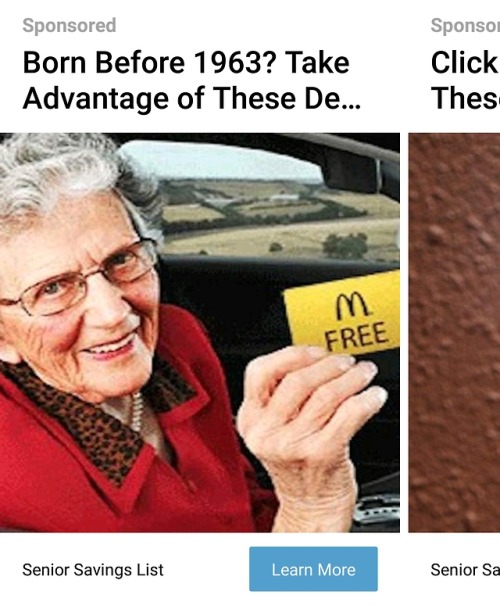

Creators could quit their “day jobs” and dedicate their time solely to YouTube.
#Whats happened to youtunes algorithm professional
Suddenly, an internet hobby could be transformed into a professional career, resulting in more frequent and higher quality videos to the site. Participants of the program, mid to large scale creators, were given the opportunity to monetize their uploads.

The program sought to close the gap between the original content posted by YouTube community and official partners of YouTube. In May 2007, the “YouTube Partner Program” launched. With its existing corporate partnerships, the potential for YouTube as an advertiser-friendly platform was clear. All that’s left then is to build (free) products that people want to use, crunch some numbers, slap some ads on, and give the platform a name (or two) - Google AdSense and Ads (formerly AdWords.) Of course, there’s a lot of infrastructure and management needed, but the core principle is remarkably simple.īack to YouTube then.

An immediate corollary is that the more open a platform is, the more users that can and will want to join, and the more data that can be collected and used. This allows Google to build an end-to-end pipeline for advertising: advertisers pay Google for advertisements, which can then be placed on their products and targeted using user data collected from the same products. Google’s advertising platform is based on a single idea: the more information you can gather about someone, the more targeted and therefore more effective advertising can be. With the financial and technical backing, it seemed things were looking up for the online video revolution. In October 2006, Google bought YouTube for $1.65 billion, less than two years after its initial launch. This further cemented their legitimacy, triggering an avalanche of corporate deals with YouTube. Other companies, the majority of which were music companies such as Warner Music Group, also created agreements with YouTube, which furthered the YouTube dream of having high quality content and monetization on the site.
:no_upscale()/cdn.vox-cdn.com/uploads/chorus_asset/file/8355393/RestrictedAccess.png)
This allowed the network to portray themselves in the light in which they wanted to be perceived, while catering to demand for their popular shows, such as “The Office” and “Saturday Night Live.” It was quickly becoming apparent that YouTube’s ease of use and open access meant that copyrighted content was massively at risk, creating a sort of “make money with or none at all” mentality. In a shocking turn of events though, NBC later came back by announce an official partnership with YouTube, in hopes of boosting the network’s viewership and ratings via an official channel. Less than a year later, a clip of NBC’s “Saturday Night Live” called “ Lazy Sunday” became popular on the platform, only for the network to demand a takedown for copyright infringement. This served as a symbol of how later in later years, corporations take advantage of the accessibility of YouTube. The first video to gain over a million views was a Nike commercial posted in September 2005. Sequoia’s investment also served as a stepping stone for collaborations with other corporations - and towards monetization from said collaboration. This longevity and popularity makes YouTube the ideal candidate for analyzing the internet as a whole. Even as interests have shifted in the past decade and a half since its founding, YouTube has remained the most accessible platform. Though YouTube may not reflect the changing tides of how we consume the internet - only 62% of YouTube views come from mobile, where 96% of Facebook users use mobile - what is does reflect is the interests of the internet as a whole. Even as Facebook boasts 20% more monthly active users, it gets only 85% the number of actual visits. YouTube, meanwhile, only really requires a special account if you want to upload your own content (even if some people stay signed in to their Google accounts.)Īnd yet, YouTube remains the largest social network. Twitter hosts normal users alongside celebrities and companies, but using the platform as intended at least requires signing up for an account - even if you’re not tweeting much yourself. On Facebook, nearly every user has an account that they use to interact with a close network of friends and family. By comparison, YouTube is a relatively static platform.Įvery social media network needs users, with each user acting as a producer and/or consumer of content. Probably Facebook, Instagram, Twitter, or one of the other dynamic, mobile-friendly platforms comes to mind. When you think of “social media”, YouTube probably isn’t your first thought.


 0 kommentar(er)
0 kommentar(er)
